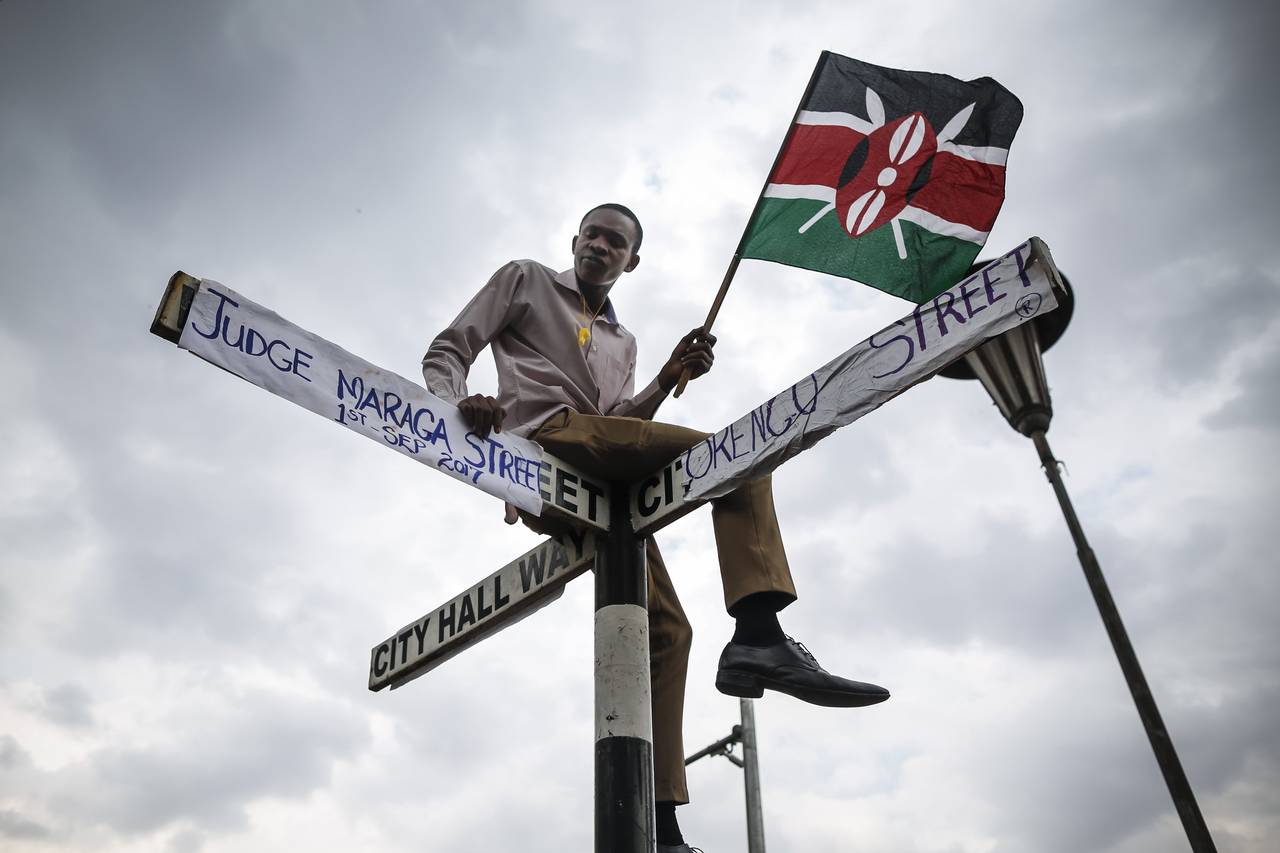- The fabric that holds Kenya’s politics has been tearing apart over the years, with the slit beginning from the helm of governance going further down.
- Pointing a finger at the country’s Law System would be a biased mistake because Kenya’s black letter of the law is unquestionable and very efficient, leaving bureaucracy answerable.
The fabric that holds Kenya’s politics has been tearing apart over the years, with the slit beginning from the helm of governance going further down.
When did the country go wrong? How did it happen? Did anyone realize the wake of this helter-skelter?
A gap in the country’s governance has been illuminated a couple of times, with citizens taking to the streets to make a spectacle of their discontent with the regime of the day. The 1982 coup d'état attempt and the 2007-2008 tribal clash are perfect illustrations.
The recently experienced anti-government protests have taken shape similar to that of SabaSaba, which occurred in 1990, driven by momentum opposing the political system at the time.
Pointing a finger at the country’s Law System would be a biased mistake because Kenya’s black letter of the law is unquestionable and very efficient, leaving bureaucracy answerable.
Read More
Senior Council Abdikadir Mohamed, a Constitutional Lawyer, has attributed the political disarray to incompetent leaders, saying, “The problem is our political ethos, our political culture, it is not our laws. The people we bring into these offices is a very critical decision. Why do we elect the wrong people and expect them to do miracles?”
He also lined up his argument with the degrading cabinet status, classifying President Ruto’s and former President Uhuru’s cabinet as the worst compared to those of their predecessors, alluding to the fact that there are not too many “wise people” in today’s cabinet.
Senator Richard Onyoka of Kisii has also voiced his take on the matter, denouncing the yardstick President Ruto applied in selecting Cabinet Secretaries. He stated, “Every cabinet minister in this regime is someone who invested in the presidency of Ruto, and it didn't matter what their character was or their past.”
Onyoka additionally explained the implications of this criterion, mentioning that these individuals feel obligated to take what is theirs, a situation that gives birth to corruption and the wastage of public funds, flushing political competence down the drain.
A steady political framework ought to be honest, efficient and transparent, with a touch of aristocracy to ensure an understanding of the powers bestowed upon these leaders, therefore exercising them to benefit the citizens.










